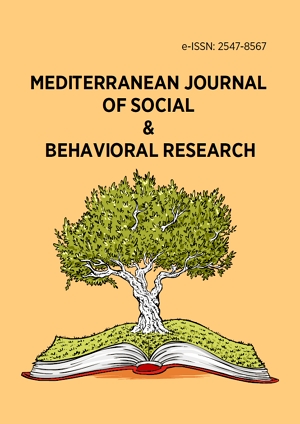Abstract
Educators responded to the corona epidemic period by using virtual education. This article examines the perceptions of first three grade teachers in Jordan toward attaining teaching competencies in the field of distance education. Data were collected using a survey technique and a questionnaire with a reliability coefficient of 0.82. The results suggested competencies linked to online teaching. The results provided insight into the skills and experiences that were possessed to varying degrees: e-course management placed first in terms of relevance with a relative mean (65%), followed by computer applications (50%), networks (47%), and educational materials design (42%). There were no statistically significant differences based on gender and academic qualifications. Therefore, the findings improve teachers’ lack of distance learning professional competencies.
License
This is an open access article distributed under the Creative Commons Attribution License which permits unrestricted use, distribution, and reproduction in any medium, provided the original work is properly cited.
Article Type: Research Article
MEDITERR J SOC BEH RES, Volume 7, Issue 3, October 2023, 113-120
https://doi.org/10.30935/mjosbr/13196
Publication date: 01 Sep 2023
Online publication date: 12 Apr 2023
Article Views: 2178
Article Downloads: 4114
Open Access References How to cite this article
 Full Text (PDF)
Full Text (PDF)